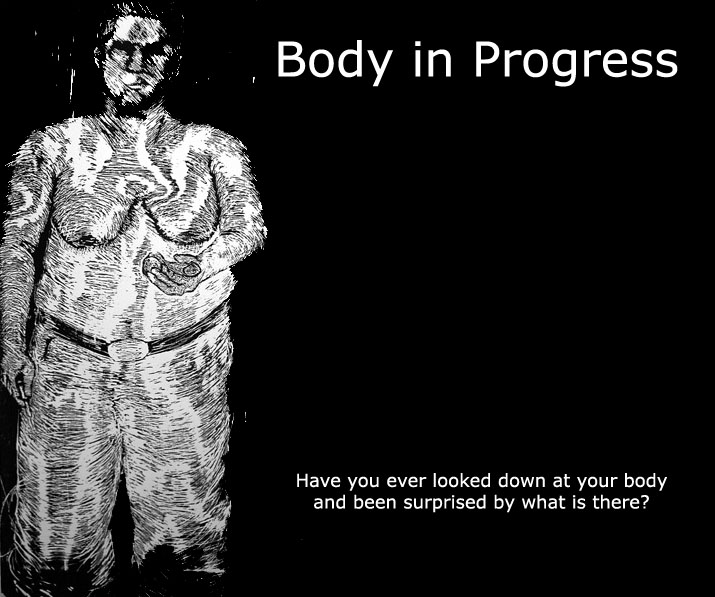I always felt that you can't have it both ways. Gays went from mentally insane to cured in the 70's, The Pentagon decided they agreed in 2006, but trans people are still on the books. Gender Dysphoria is still a recognized medical condition and Gender Identity Disorder is still on the books. Thankfully the treatments have changed. People are no longer shuttled of to loony bins and made to feel even crazier like in The Last Time I Wore A Dress. Now, assuming we have a decent doctor we're prescribed hormones instead of Charm School. However, it's all out of your own pocket. Top surgery cost about $6000, the bottom is even more expensive and insurance won't help a bit.
But maybe all that is changing. The American Medical Association, at it's annual conference in Chicago, called on insurers to start coughing up some dough. Resolutions 114, 115 and 122 were passed by the AMA's House of Delegates noting that Gender Identity Disorder is an internationally recognized medical condition. Delegates highlighted the need to combat the emotional pain and physical incongruity and downright awkwardness associated with gender dysphoria with proper access to mental health services, hormone treatments, and surgical procedures. I personally have parental support that boarders on crazy. They paid for my surgery and even flew in from Michigan to enjoy the ride. I had great friends who helped me raise $500 for my stay in extended care, but not all of us are that lucky. After seeing women self-inject silicone under their skin to gain some curves, or seeing the deflated chest and crushed lungs of a man who's been binding for years I'm happy to say that maybe some physical and mental pain can be avoided.
Like I said, you can't have it both ways. If I'm sick help me pay for my treatment. If my care is cosmetic, take GID off the books.
Resolution 114: Removing Barriers to Care for Transgender Patients
Resolution 115: Removing Insurance Barriers to Care for Transgender Patients
Resolution 122: Removing Financial Barriers to Care for Transgender Patients

No comments:
Post a Comment